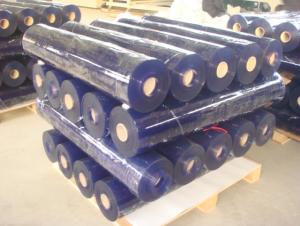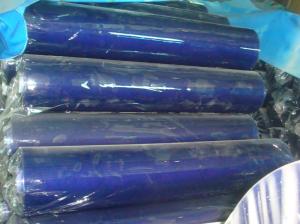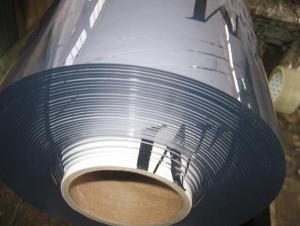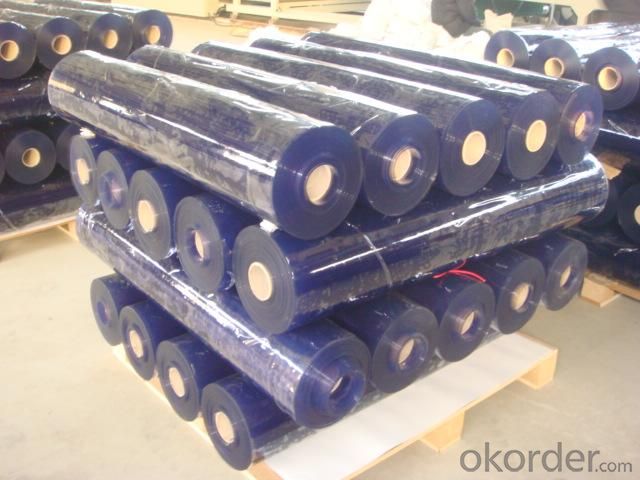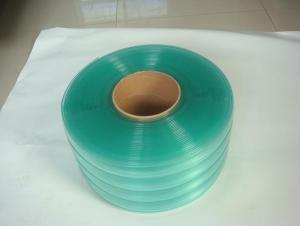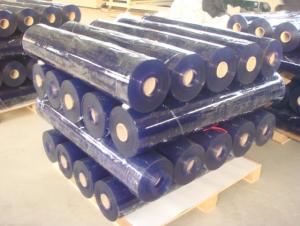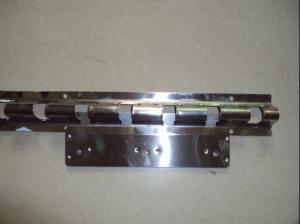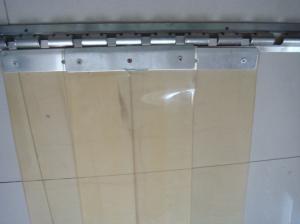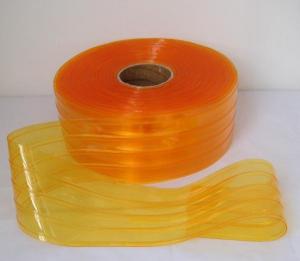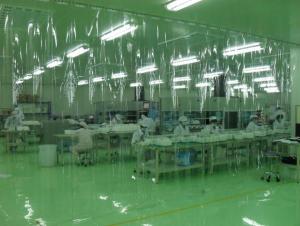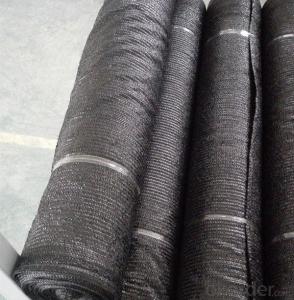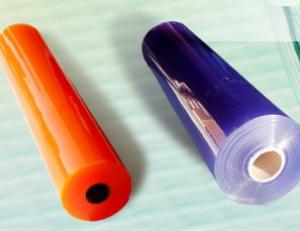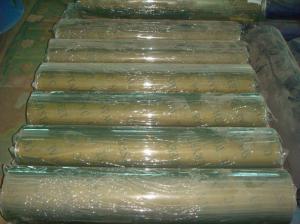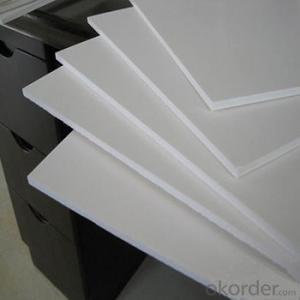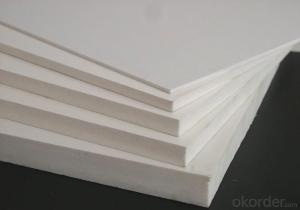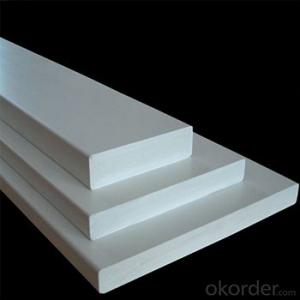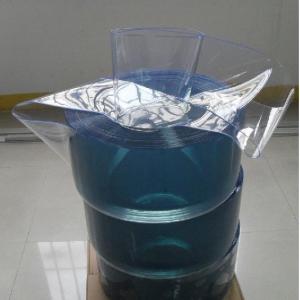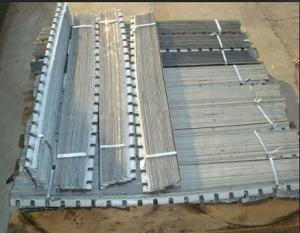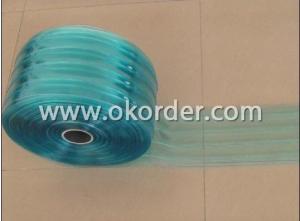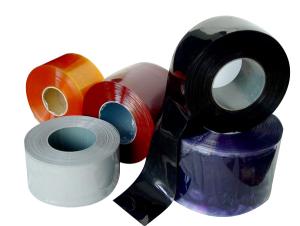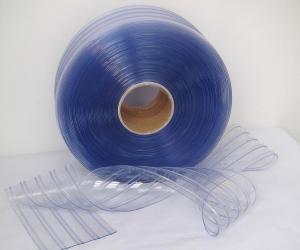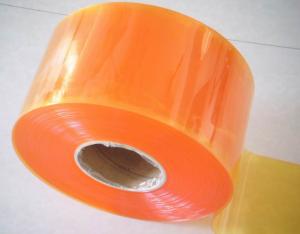PVC Transparent Sheet Used for Desk Top
- Loading Port:
- TianJin Port
- Payment Terms:
- TT or L/C
- Min Order Qty:
- 20 Rolls roll
- Supply Capability:
- 15 Containers Per Month roll/month
OKorder Service Pledge
OKorder Financial Service
You Might Also Like
Specifications of Factory-sale PVC Transparent Sheet Use For Desk Top
Flexible PVC sheet is widely applied for purpose of building and industrial partition ,swing doors,furniture protection,we can provide different dimensions and color solutions for customer's requirement of pvc sheet,which application temperature range from -15 ℃ to +50 ℃,different match of width,thickness and color bring out difference pvc sheet solutions and applications.
* width solution:
600mm/800mm/900mm/1000mm/1200mm/1300mm/1400mm/1500mm/1600mm/1800mm
* thickness solution:
1mm/1.5mm/2mm/3mm/4mm/5mm/6mm/7mm/10mm
Applications of Factory-sale PVC Transparent Sheet Use For Desk Top
I) these 1mm/1.5mm/2mm pvc sheet is ideal for application such as the partition of workshops and warehouses,printing,furniture protection,building insulation.
II) these 2mm/3mm pvc sheet is ideal to manufacture automatic roll-up doors,or if compatible,fully transparent light duty swing door panels for pedestrians.
III) these 4mm/5mm/6mm/7mm/10mm thickness sheet is best suitable for manufacturing of fully transparent light weight flexible doors,or the upper part of two color doors.
Package& Delivery of Factory-sale PVC Transparent Sheet Use For Desk Top
Wooden pallet,shirnk film according to custom requires.
Colors of Factory-sale PVC Transparent Sheet Use For Desk Top
clear: blue/yellow/nature
opaque: black/silver grey/milk white
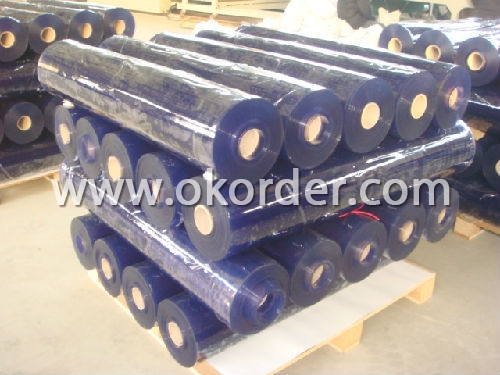
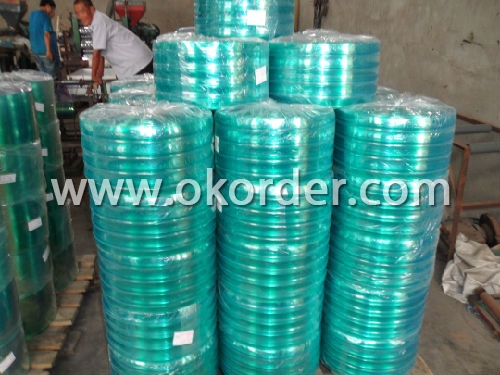
- Q: How does the chemical inertness of plastic affect the safety of home appliances?
- The chemical inertness of plastic is beneficial for the safety of home appliances. It ensures that plastic components used in appliances do not react with chemicals or substances they come in contact with, minimizing the risk of corrosion, degradation, or contamination. This inertness helps maintain the integrity and functionality of the appliance, reducing the chances of malfunctions, fires, or other hazardous situations.
- Q: Are plastic home appliances resistant to stains or spills?
- Plastic home appliances are generally resistant to stains and spills, as plastic is non-porous and can be easily wiped clean. However, it also depends on the quality and type of plastic used in the appliances. Higher-quality plastics tend to have better resistance to stains and spills compared to cheaper or lower-quality plastics.
- Q: Can plastic parts in home appliances withstand exposure to UV radiation?
- Yes, plastic parts in home appliances can typically withstand exposure to UV radiation. Many plastics used in the manufacturing of appliances are designed to be UV resistant and are capable of withstanding prolonged exposure to sunlight without significant degradation or discoloration. However, the specific performance of plastic parts may vary depending on the type of plastic and the duration and intensity of UV exposure.
- Q: How do home appliance plastics handle exposure to UV radiation?
- Home appliance plastics typically have additives that help them resist UV radiation. These additives act as a protective layer, preventing the plastic from degrading or becoming brittle when exposed to sunlight. This ensures that the plastic can withstand prolonged exposure to UV radiation without compromising its functionality or appearance.
- Q: Are there any specific recycling programs for plastic parts in home appliances?
- Yes, there are specific recycling programs for plastic parts in home appliances. Many manufacturers and retailers offer take-back programs or partnerships with recycling facilities that accept and process plastic parts from appliances. Additionally, some local recycling centers and waste management facilities also accept plastic parts for recycling. It is important to contact your local recycling center or check with the manufacturer or retailer for specific information on recycling programs available in your area.
- Q: How does the use of plastic in home appliances impact energy efficiency?
- The use of plastic in home appliances can impact energy efficiency in several ways. Firstly, plastic components are often lighter than their metal counterparts, resulting in reduced energy consumption during transportation and installation. Secondly, plastic is an insulating material, which can help improve the energy efficiency of appliances by reducing heat transfer and minimizing energy loss. Additionally, plastic can be molded into complex shapes, allowing for more efficient designs that optimize energy usage. However, it is important to consider the environmental impact of plastic production and disposal, as well as its potential to degrade over time and affect the overall durability and performance of the appliance.
- Q: Are plastic home appliances prone to discoloration or fading?
- Yes, plastic home appliances are prone to discoloration or fading over time. This can be caused by exposure to sunlight, heat, or certain chemicals.
- Q: Can plastic home appliances be easily upgraded or modified?
- No, plastic home appliances are not easily upgraded or modified due to the limitations of the material and the complex internal mechanisms involved.
- Q: Are plastic parts in home appliances recyclable?
- Yes, plastic parts in home appliances are generally recyclable. However, it depends on the specific type of plastic used in the appliance and the recycling capabilities in your area. It is important to check with local recycling facilities or municipal guidelines to ensure proper disposal and recycling of these plastic parts.
- Q: Are there any specific regulations regarding the use of plastic in food-related home appliances?
- Yes, there are specific regulations regarding the use of plastic in food-related home appliances. These regulations aim to ensure the safety and quality of food products by setting standards for the types of plastics that can be used, as well as their composition and potential migration of harmful substances. These regulations vary by country and region, but they typically cover aspects such as food contact materials, labeling requirements, and maximum limits for certain substances. Compliance with these regulations is essential for manufacturers to ensure that their products are safe for consumer use.
1. Manufacturer Overview
| Location | Hebei, China |
| Year Established | 1995 |
| Annual Output Value | Above US$ 50 Million |
| Main Markets | 15.00% Mid East 10.00% Northern Europe 10.00% North America 30.00% Eastern Asia 10.00% Africa 9.00% Eastern Europe 8.00% Southeast Asia 3.00% Oceania 3.00% Western Europe 2.00% Southern Europe |
| Company Certifications | ISO 9001 |
2. Manufacturer Certificates
| a) Certification Name | |
| Range | |
| Reference | |
| Validity Period |
3. Manufacturer Capability
| a) Trade Capacity | |
| Nearest Port | Tianjin; Qingdao; Shagnhai; Guanghzou |
| Export Percentage | 41% - 50% |
| No.of Employees in Trade Department | 21-50 People |
| Language Spoken: | English; Chinese |
| b) Factory Information | |
| Factory Size: | Above 100,000 square meters |
| No. of Production Lines | Above 5 |
| Contract Manufacturing | OEM Service Offered; Design Service Offered |
| Product Price Range | High; Average |
Send your message to us
PVC Transparent Sheet Used for Desk Top
- Loading Port:
- TianJin Port
- Payment Terms:
- TT or L/C
- Min Order Qty:
- 20 Rolls roll
- Supply Capability:
- 15 Containers Per Month roll/month
OKorder Service Pledge
OKorder Financial Service
Similar products
Hot products
Hot Searches
Related keywords
